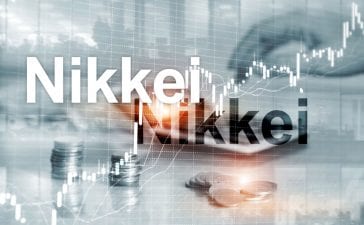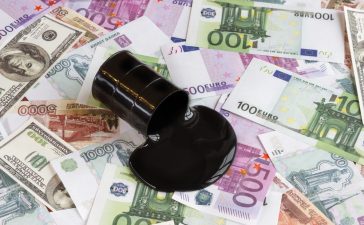HSBC shares added 1.85% in Hong Kong trade, helping lift the broader market
Shares in HSBC Holdings gained on Tuesday after its largest shareholder, Chinese insurance giant Ping An, urged a break-up of the London-headquartered bank in a bid to improve returns.
Sources familiar with the situation said on Friday that Ping An had called on HSBC to look at options including spinning off the Asian business, where it earns two-thirds of its pre-tax profits, or taking other steps to boost its valuation.
HSBC shares added 1.85% in Hong Kong trade, helping lift the broader market, which edged up 0.1% to pare earlier market declines. The Hong Kong and London bourses were closed on Monday for a holiday.
That Asia makes up the majority of HSBC’s revenues suggests that a spin-off may be logical, but it needs to be balanced by the fact that a significant portion of that is the result of HSBC’s global footprint bridging East and West, said Justin Tang, head of Asian research at investment advisory firm United First Partners.
HSBC, Europe’s largest bank, has not commented on Ping An’s involvement but defended its overall strategy in a statement, saying that it believed it had the right strategy and was focused on executing it.
Chief Executive Noel Quinn, who has run the bank for the past two years, is ploughing billions into Asia to drive growth, with a focus on wealth management, and has also moved global executives there.
Ping An, China’s largest insurer, said on Saturday that it supports all reform proposals from investors that could help with HSBC’s long-term value growth.
Ping An owned an 8.23% stake in the banking giant as of Feb. 11, according to Refinitiv data. It first reported a 5% stake in HSBC in late 2017 and HSBC’s shares have shed 35% since then.
We don’t think that constructive shareholder engagement can be bad for the stock price, UBS analysts said in a report on Friday.
However, they noted that potentially large restructuring costs, lower network income, higher post-separation costs from reduced benefits of scale and, importantly, low valuations for UK domestic banks would eat into the upside of any break-up.
HSBC’s Hong Kong-listed shares have surged about 80% since plunging to 25-year lows in September 2020.
HSBC shelved plans last month for new stock buybacks this year after reporting an unexpected hit to its capital as a combination of rising inflation, geopolitical crisis and economic weakness dented its prospects.





